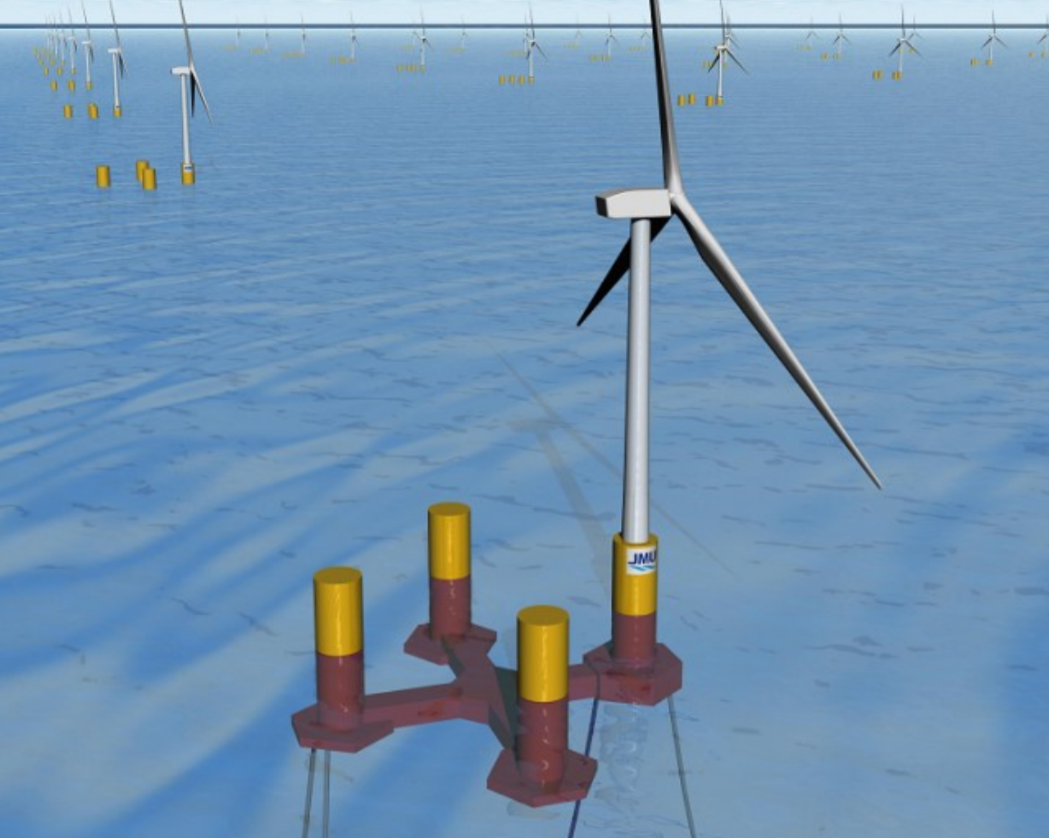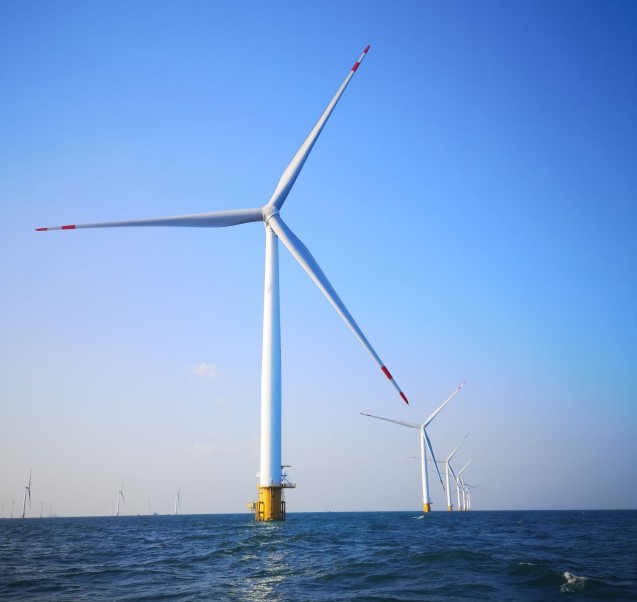A thread for posting up any energy sector news and analysis, discussion optional
Starting with this chartbook on political sensitivity of oil prices, courtesy JohnKempReuters who is one of the better sector analysts imho
Starting with this chartbook on political sensitivity of oil prices, courtesy JohnKempReuters who is one of the better sector analysts imho
Last edited:



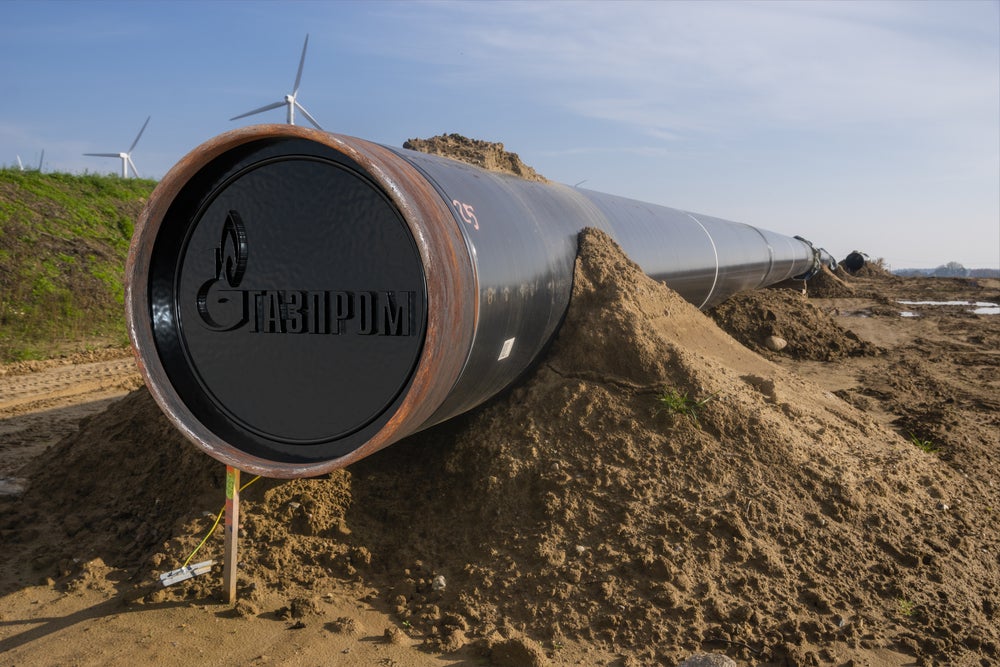
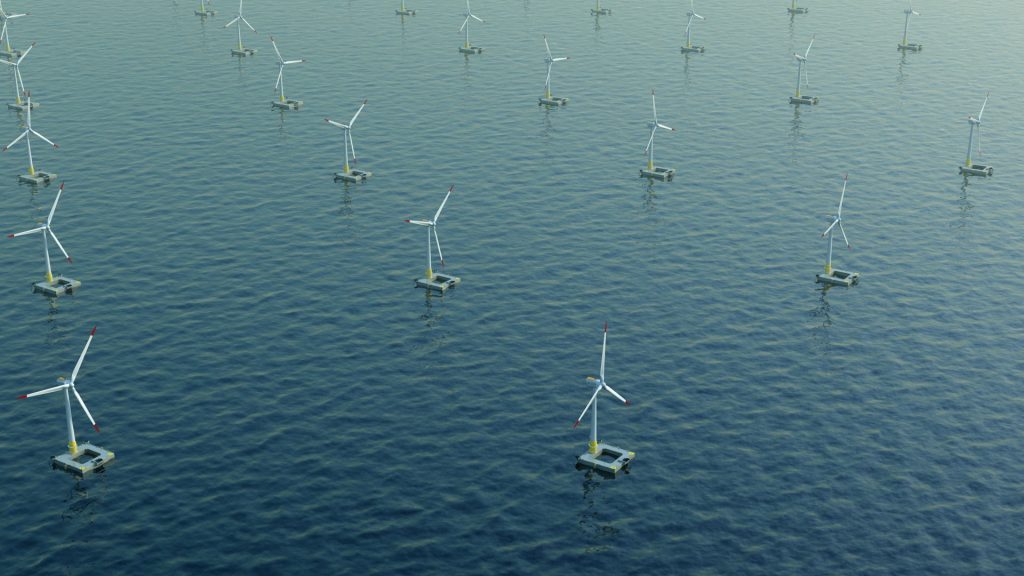
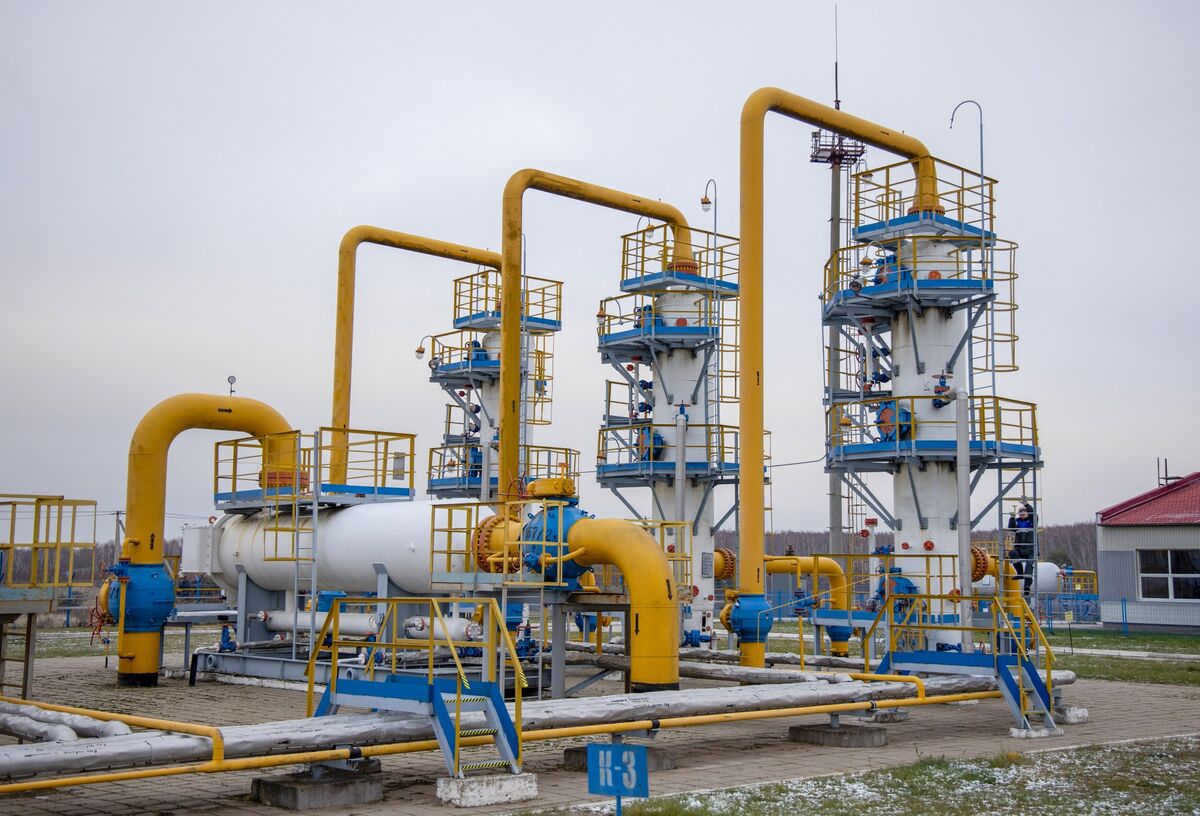



/cloudfront-us-east-2.images.arcpublishing.com/reuters/WIQKTMBCYJOKRBKX6J4U3ZIVJU.jpg)
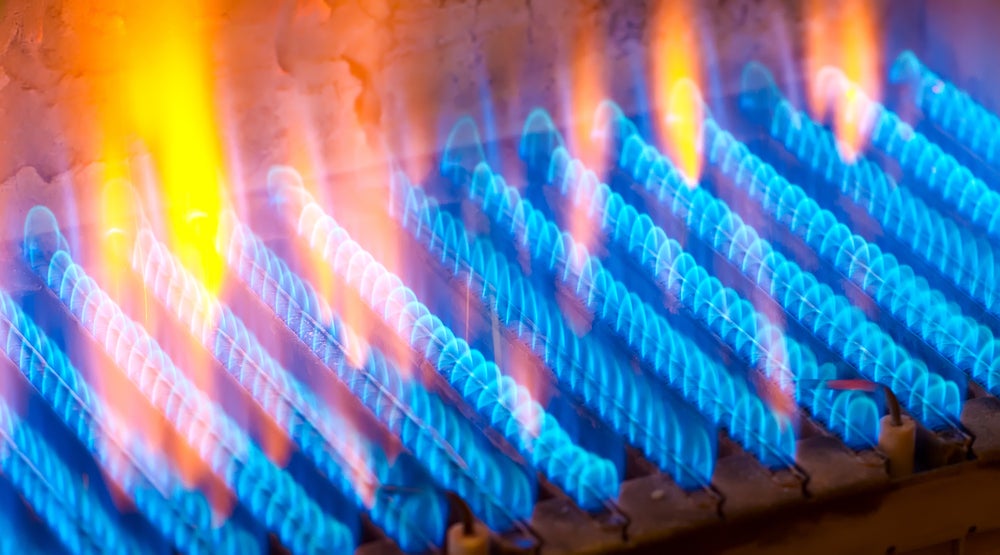

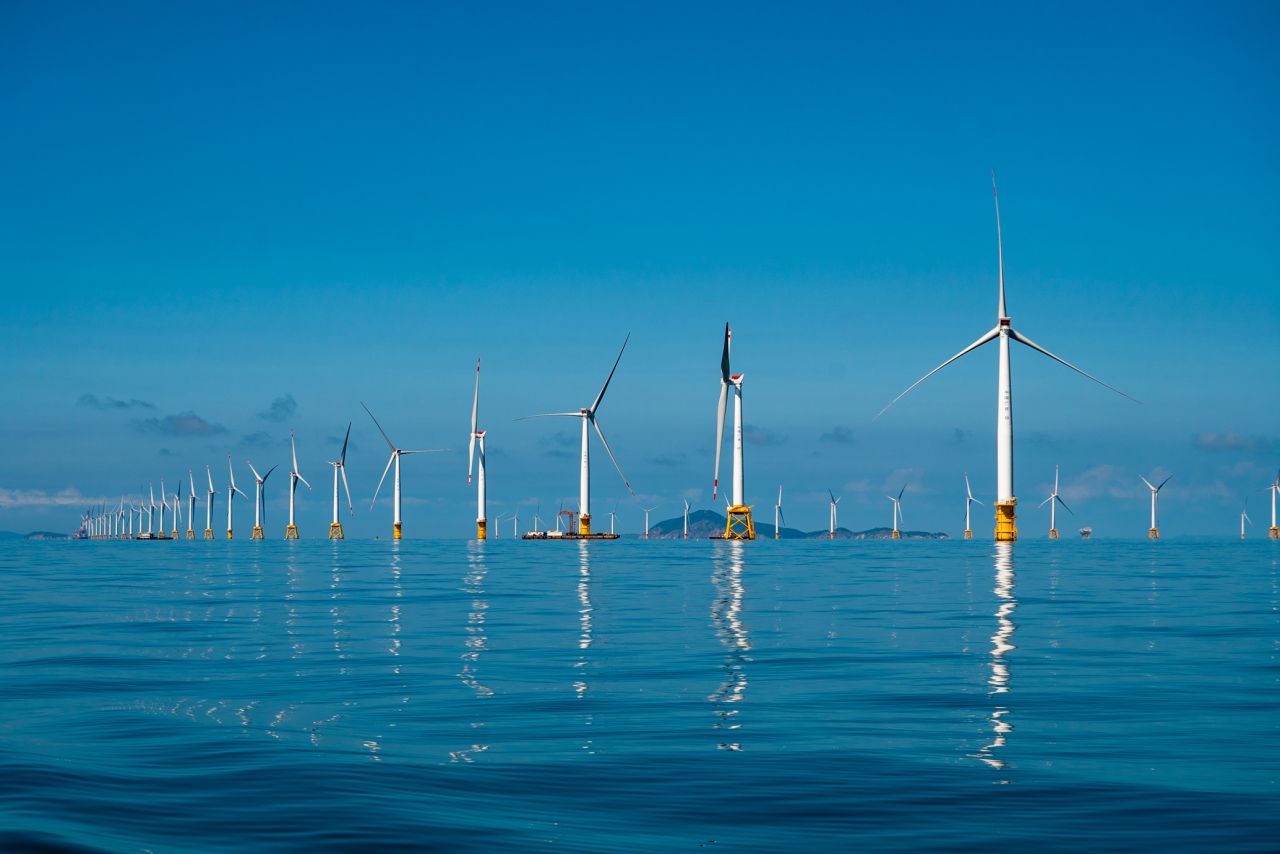

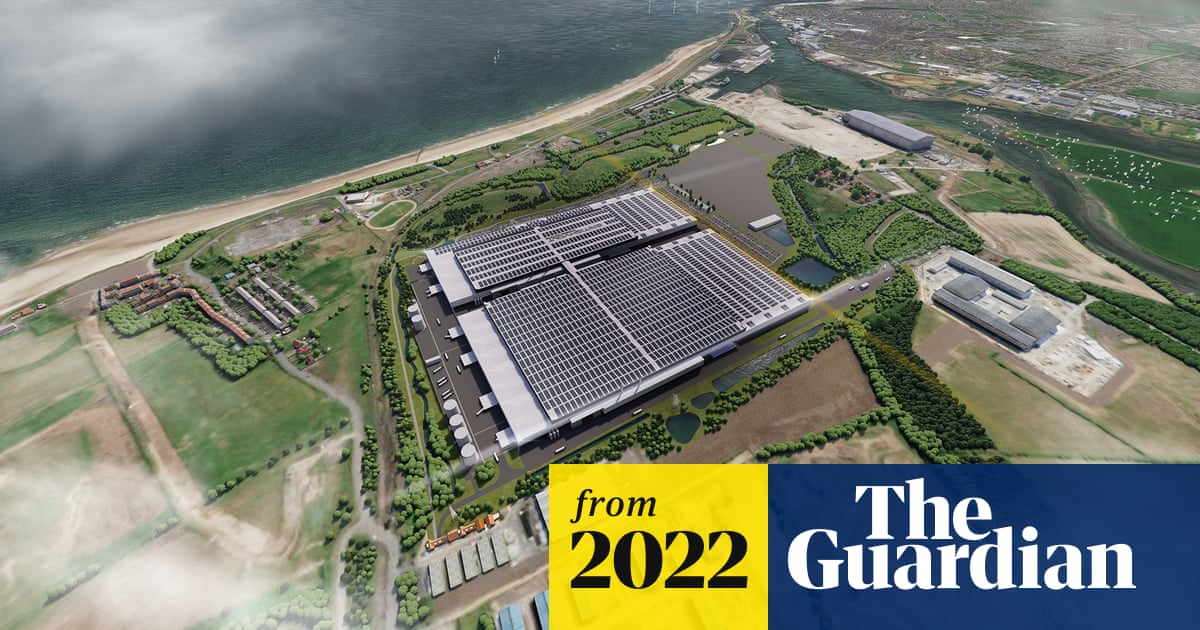

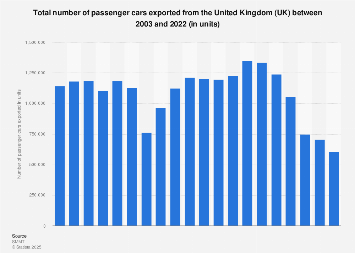
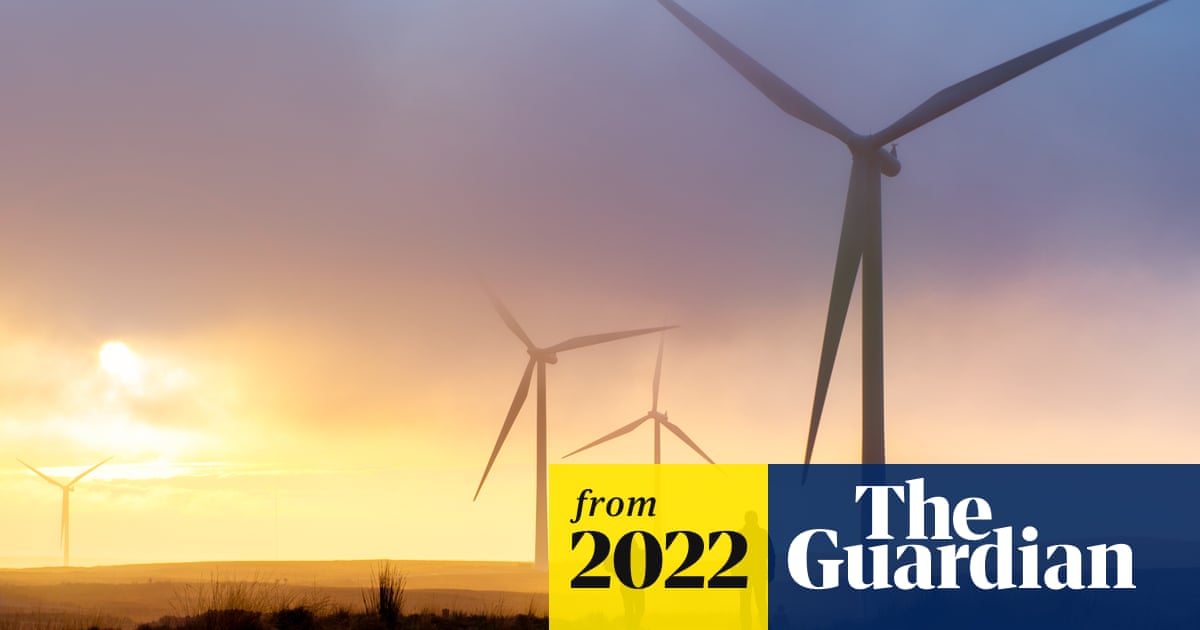
/cloudfront-us-east-2.images.arcpublishing.com/reuters/TZV2JNUP4FKCJBFAC6IAMOXY6E.jpg)
